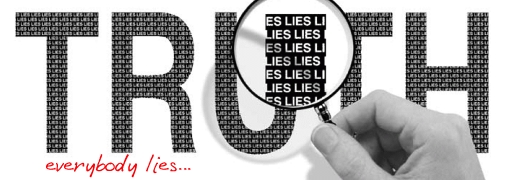Job Lie Detector Test

In recent years, honesty and integrity testing in the place of work has become more and more common. There are several reasons why.
(1) Organizations that were using polygraph testing in the past for their employees were forced to stop due to new legislation. This created a void in job lie detection testing – something that these companies likely regretted because they knew that testing for honesty had great benefits, both in the quality of workers hired and in the reduction of theft and other counterproductive behavior.
(2) Companies are realizing that in order to overcome the high cost of turnover, even in entry-level jobs, they must implement more careful selection procedures. Using Job Lie Detector Testing is one of them.
(3) Significant amount of evidence suggests that companies have every reason to fear that their employees may in fact steal from them. Studies show that Job Lie Detector Testing or honesty testing works. In companies where testing has been implemented, theft and other forms of dishonest behaviors have decreased dramatically.
To download short version of the test report, click here >>
Job Lie Detector Test should be used only for jobs for which it is relevant, such as those that involve access to money and merchandise, jobs where there isn’t much supervision or strict enforcement of rules, and other occupations vulnerable to dishonest behavior.
Job Lie Detector Test contains questions relevant to appropriate on-the-job behavior in general, including evaluation of the likelihood of theft of money or merchandise, time theft, personal use of internet while at work, and other dishonest actions. User’s reactions to questions about these behaviors are being explored in the following categories:
Lenient Attitude Towards Dishonest Behavior: How she/he feels about various behaviors, including how severely she/he thinks people who partake in such behaviors should be punished.
Frequency of Dishonest Behaviors: The frequency of which she/he feels that various dishonest behaviors occur, especially in the workplace setting.
Rationalizing of Dishonest Behavior: Whether s/he agrees with statements that attempt to rationalize dishonest behavior with situational factors.
Self-Reported Dishonesty: How honestly she/he has behaved in the past; how s/he believes s/he is likely to act in the future.
Validity scale: Whether she/he showed signs of faking the answers.
With Job Lie Detector Test you will also receive information about which specific counter productive behaviors user may feel tempted to partake.


